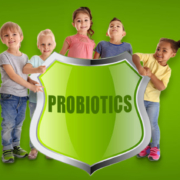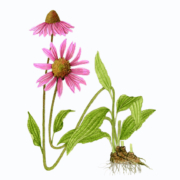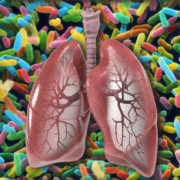Immune Boost 1-2-3 Cautions
Someone recently asked an excellent question: “Is there any risk in taking higher amounts of echinacea?” I’ll extend that to include vitamin C, garlic, and probiotics. The answer is possibly. I’m not hedging, but it’s complicated. Let me give you some examples.
One factor that can apply to any supplement is allergies. Echinacea and garlic are plants, and you may be allergic to one of the components of the plant. Instead of reducing your allergic response, it may heighten the response, causing the watery eyes and runny nose you’re trying to avoid. There’s no way to know for sure other than trial and error. If something makes you feel worse, it goes without question that you’ll stop it immediately.
Another potential issue is your genetics; you may process a phytochemical from these plants faster or slower than typical. That means it could be metabolized out of your system before it really has a positive effect or it could take longer to metabolize and stay in your system longer. There are no genetic tests for how you’ll react to any supplement—it’s trial and error.
One other aspect that’s important is whether you take medications. No surprise that there’s incomplete research on the interaction of every plant with every medication, so there’s no way to know how an herb or nutrient will interact with your meds. Garlic may reduce the coagulation of your blood; if you’re on blood thinners, you may not be able to take garlic because it could thin your blood too much. Or you might be able to take it because of your genetics and how you metabolize it. See how complicated it gets?
What you should know is that most people will not have a problem using the 1-2-3 immune boost. If you do, do what any reasonable person would do and stop taking it. On Saturday, I’ll cover the issue of using echinacea if you have an autoimmune disease.
What are you prepared to do today?
Dr. Chet









